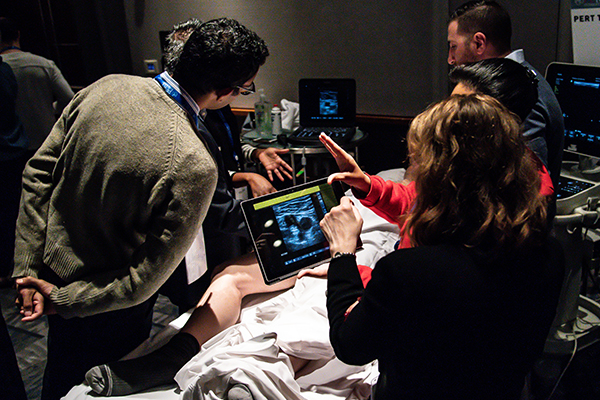
OUR MISSION
The first Pulmonary Embolism Response Team (PERT) was created by a multi-disciplinary team of physicians at Massachusetts General Hospital (MGH) in 2012. Their intent was to develop the necessary clinical, educational, and research infrastructure for the advancement of PE care. Since then, this multidisciplinary approach has allowed for the streamlined evaluation of patients, formulation of comprehensive treatment plans and the rapid mobilization of resources to provide the highest level of care to those in need. The MGH PERT model has since grown in popularity and continues to be adopted by institutions across the US.
In May of 2015, physicians and healthcare professionals from over 40 of these institutions convened in Boston, Massachusetts for the inaugural meeting of The PERT Consortium™. The mission of the Consortium is to facilitate the exchange of ideas and information related to the care of patients with PE, and to advance the science of PE care by performing research, developing advanced treatment protocols, and educating clinicians and community members.
The purpose of The PERT Consortium™ is to serve the general public by undertaking activities to advance the status of PE care and promote research in the treatment of pulmonary embolism. Specifically, the Consortium’s purpose is to:
Promote the adoption of the PERT model in healthcare institutions across the United States to ensure the prompt diagnosis and treatment of pulmonary embolism.
Expand the current body of scientific literature on the diagnosis and treatment of pulmonary embolism through the funding of scientific endeavors.
Educate the general public and healthcare professionals regarding pulmonary embolism diagnosis, treatment, and care.
By focusing solely on the entity of pulmonary embolism – its etiology, pathophysiology, prevention, management approach, outcomes of specific treatments, and follow-up pathways – it is the intention of the Consortium to increase awareness of treatment options available to patients with PE, to reduce its incidence worldwide, to improve health outcomes, and to positively influence the impact of this terrible disease.


